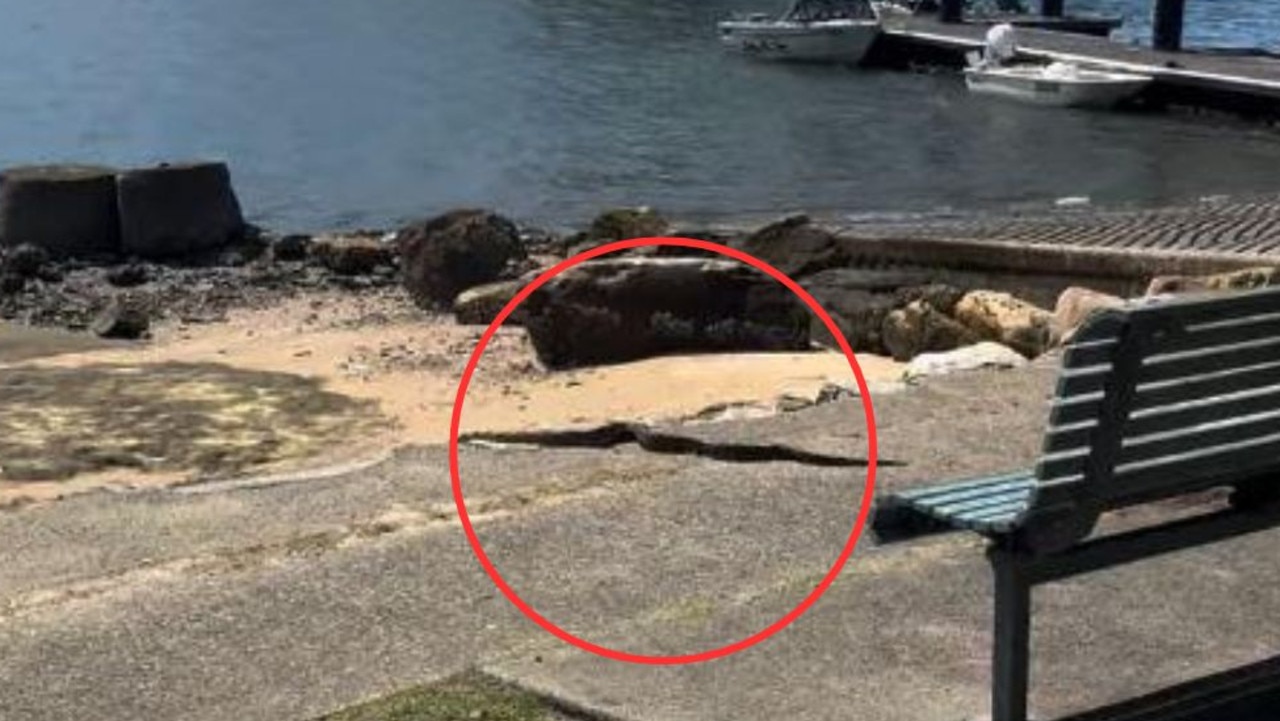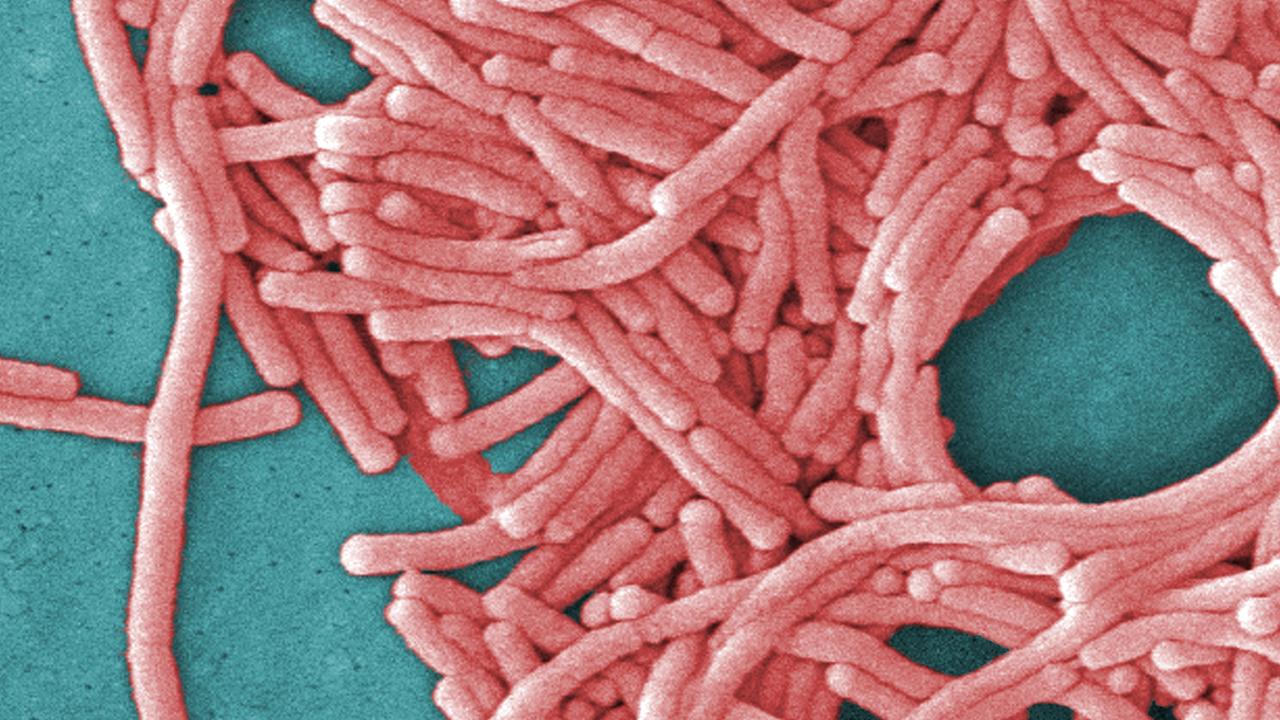Mexican drug cartels expand into illegal wildlife trade
Mexican drug cartels are strongarming local fishing communities and killing jaguars as they expand their dealings into the illegal wildlife trade.

Mexican cartels are branching out from the illegal drug business into wildlife crime, according to a new investigation.
Brookings Institution senior fellow Vanda Felbab-Brown has found links between the Mexican cartels and trafficking of fish and other marine species as well as trading in other illegal wildlife products.
They are also sometimes being paid in chemicals to be used in the manufacture of drugs such as methamphetamine and fentanyl, according to the research.
Detailed in a soon-to-be-released report from the US-based think tank, Dr Felbab-Brown has found things such as body parts of jaguars are being smuggled from Mexico to China for use in traditional Chinese medicine or to be consumed.

Reptiles, sea cucumbers, abalone and shark fins are also being trafficked from Mexico to China, sometimes via the US, she said.
Her findings are drawn from 73 interviews with current and former officials, environmental groups, fishers, and others in Mexico, China, the United States, and elsewhere. All were conducted on condition of anonymity.
“It’s really not been known at all how much the wildlife trafficking and poaching in Mexico is taking off and smuggling to supply the market in China,” Dr Felbab-Brown said in the Brookings Trade podcast.
“It’s all the more interesting because the wildlife trafficking there intersects with the drug trafficking.”
Jaguars found with missing feet
A connection between China and Mexican drug cartels is not new, Dr Felbab-Brown said.
“The Mexican drug trafficking groups … have been buying these precursor chemicals from China for a long time,” she said.
Precursor chemicals now, however, are being traded for animal parts. The Chinese use the illegal wildlife for traditional medicine among other things, while the Mexican cartels use the chemicals to manufacture illegal drugs including fentanyl and methamphetamine.
👉🼠@VFelbabBrown reports that the body parts of jaguars in #Mexico also are likely being smuggled out for use in traditional Chinese medicine. Reptiles, sea cucumbers, abalone, and shark fins, she adds, are trafficked from Mexico to #China as well, sometimes via the U.S.
— The International Conservation & Biodiversity Team (@icbt2021) February 25, 2022
One of the animals caught in the middle of this illegal trade is the jaguar.
“So [the] jaguar is one of many animals that is processed in China in traditional Chinese medicine,” she said, explaining that the animal has become a substitute for tigers since tiger numbers sunk to near-extinction levels.
“They would in China sell products made from jaguars and call them Latin Tiger,” she said.
And while jaguars have often been killed by farmers protecting cattle in Latin countries, now there is evidence they are being killed for more sinister reasons.
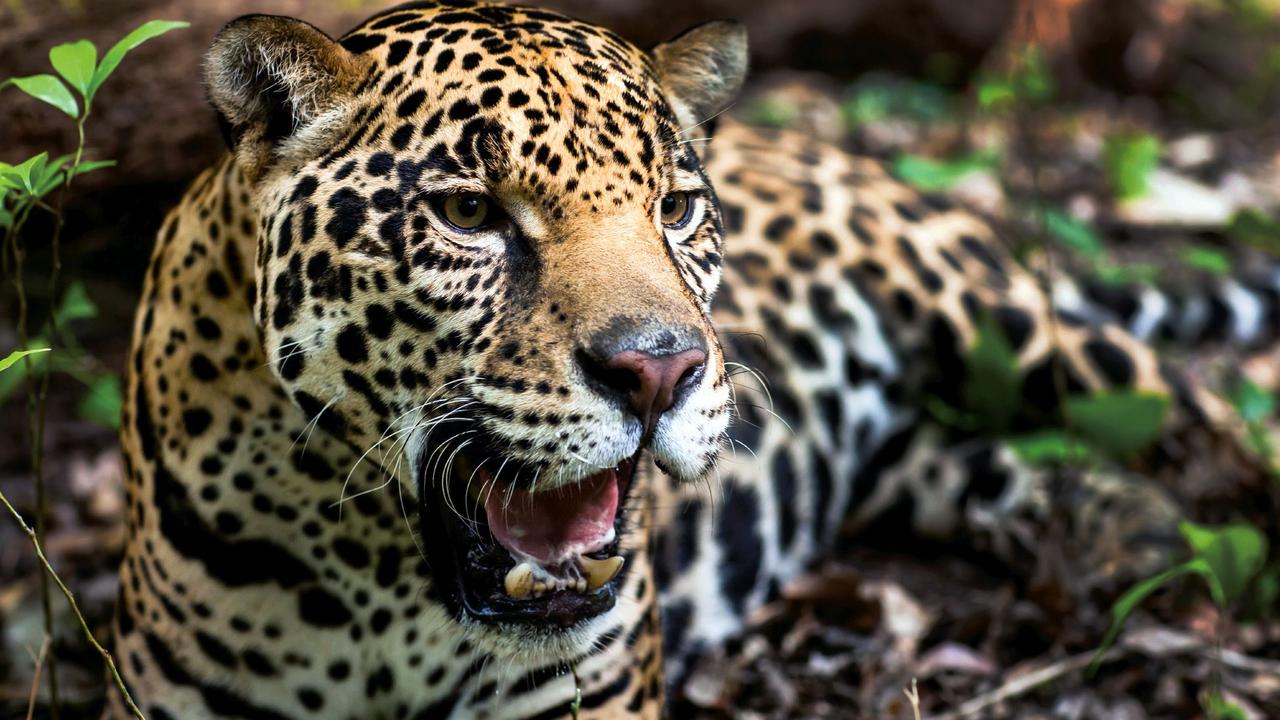
“NGOs are starting to see jaguar carcasses that are missing feet, teeth, other parts, suggesting the jaguars are no longer being killed just to protect cattle but those valuable parts are being shipped to China,” Dr Felbab-Brown said.
“And that’s very dangerous because we don’t want to see the same depletion of jaguars as we have seen [with] the depletion of tigers and tremendous pressures on lions.”
Fishing industry threatened as cartels take over
The other key wildlife industry cartels are taking over is that of fishing.
At first, cartels just targeted fishers who were poaching protected species. But now they are forcing fishers of both low-value and high value species to sell their seafood only to the cartels.
“Organised crime groups then move to extort both legal and illegal fishers, fishermen’s cooperatives, and seafood processing plants, transporters and exporters,” Dr Felbab-Brown wrote for Mexico Today.
The crime groups then forces processing plants to process the seafood and provide fake documents for it.
“They instruct communities to sell the fish harvests to the criminal group or risk being killed. They dictate to local communities the amount of a particular species to be harvested and delivered to the cartel and violently punish noncompliance with those demands,” Dr Felbab-Brown said.
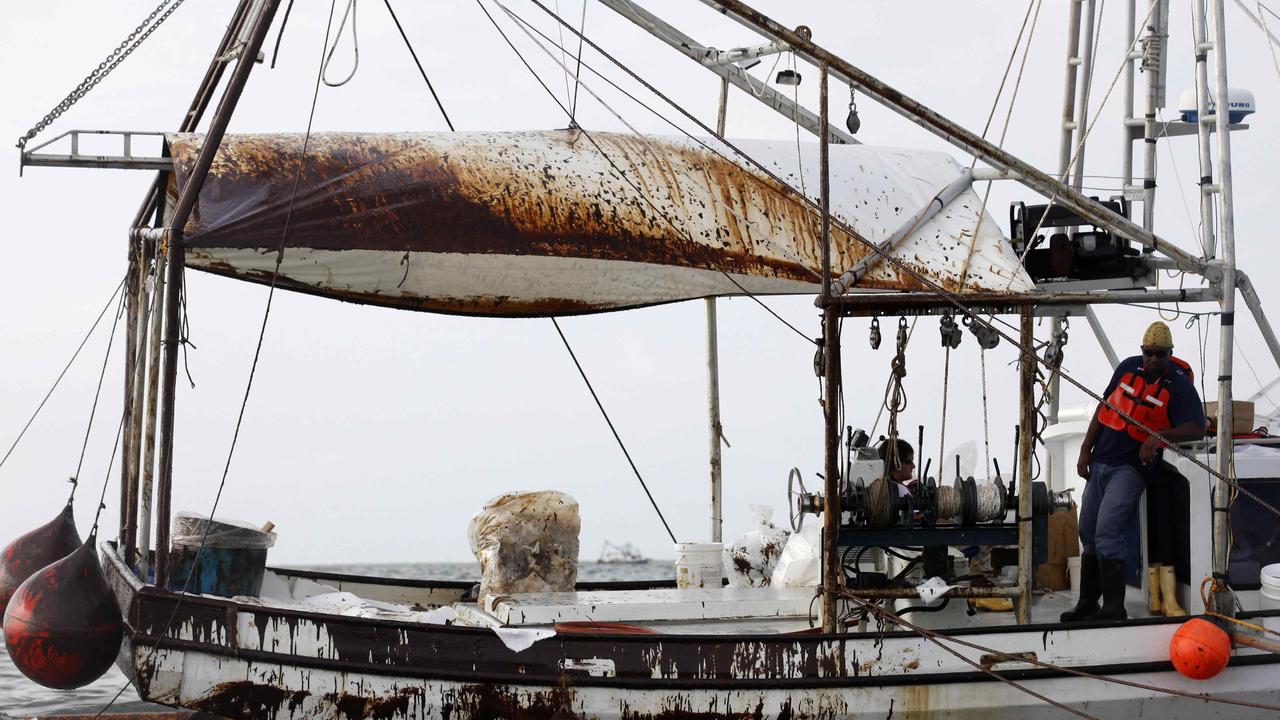
Sometimes, to get a community of fishers on board, they might offer a high price for their catch – only to severely drop it once they control operations, she said.
And in some areas, including Baja California, Sonora and Sinaloa, the cartels pay small fishers with drugs instead of cash, according to her research.
“Such a practice creates both disastrous public health effects, turning the fishers into drug users, and further entangles them in criminality as they themselves have to sell the drugs in local retain markets to generate cash for their families.”
Dr Felbab-Brown said if processing plants refuse the cartels’ seafood, there are dire consequences.
“A refusal by a processing plant to accept seafood brought in by Mexican organised crime groups would lead to the plant being burned down or its employees or owners killed, processing plant operators disclosed to me,” she said.
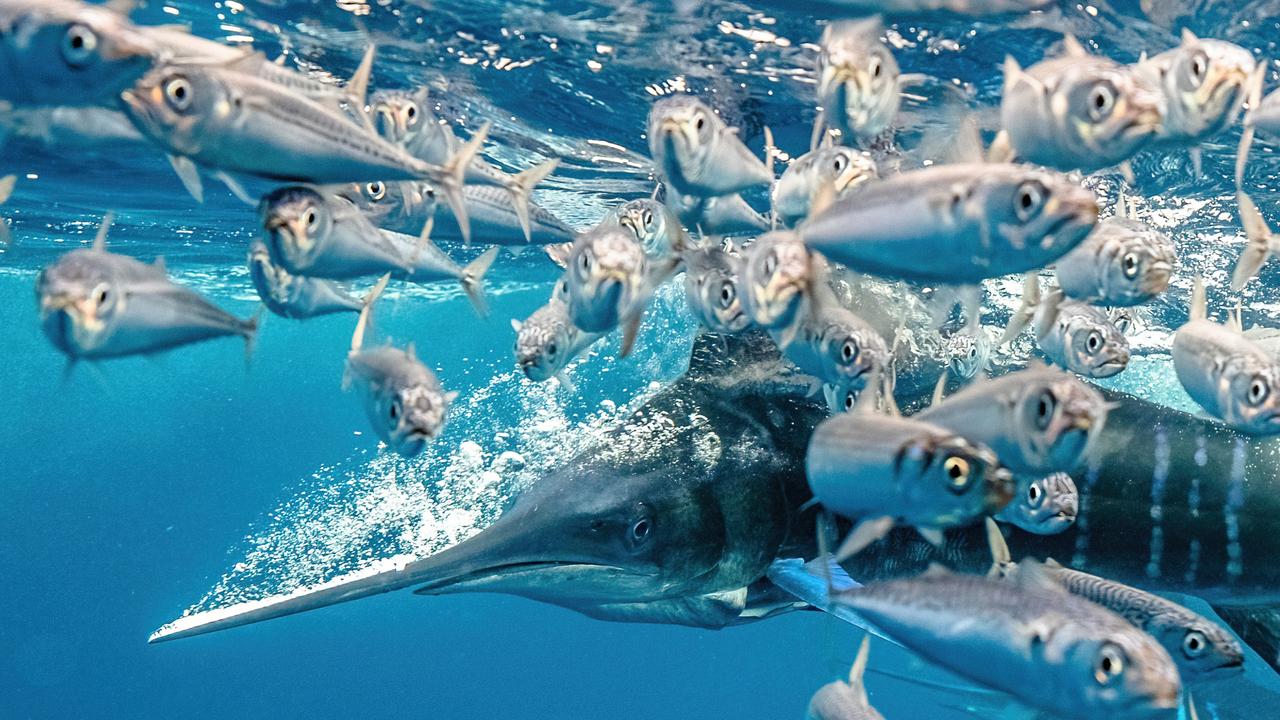
“Beyond collecting extortion fees from restaurants, the criminal groups also force restaurants to source fish from them, prohibiting them from buying fish from their criminal rivals or independent seafood sellers.”
Dr Felbab-Brown described a recent incident where a cartel kidnapped the son of a seafood processing plant owner in Baja California Sur in order to force the plant to process the cartel’s seafood. After the work was completed, the son was freed, and the owner received payment – at only half the market rate.
Wildlife report a ‘wake-up call’
Steve Carmody, chief of investigations at the Netherlands-based Wildlife Justice Commission, said the findings were a “wake-up call to governments and policy makers”.
Meanwhile, Juan Carlos Cantú, the Mexico director of programs at Defenders of Wildlife, said the reach of the cartels extends far beyond the illegal wildlife trade.
“The cartels are in the extortion business,” he told National Geographic. “You cannot work unless you pay them, and if you don’t pay them, they burn down your store or burn down your crops or your fishing vessels or kidnap you or someone in your family,” he said. “That’s happened all over Mexico.”
He also said the cartels have been forcing fishers to smuggle illegal drugs for decades.





